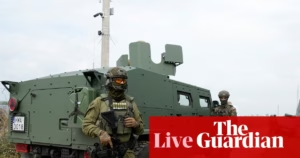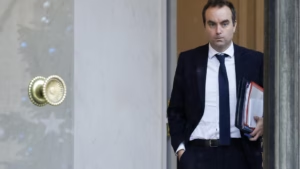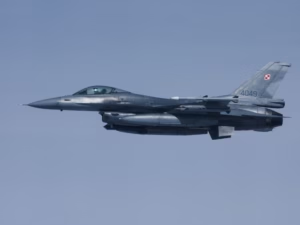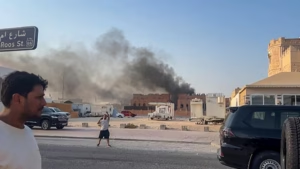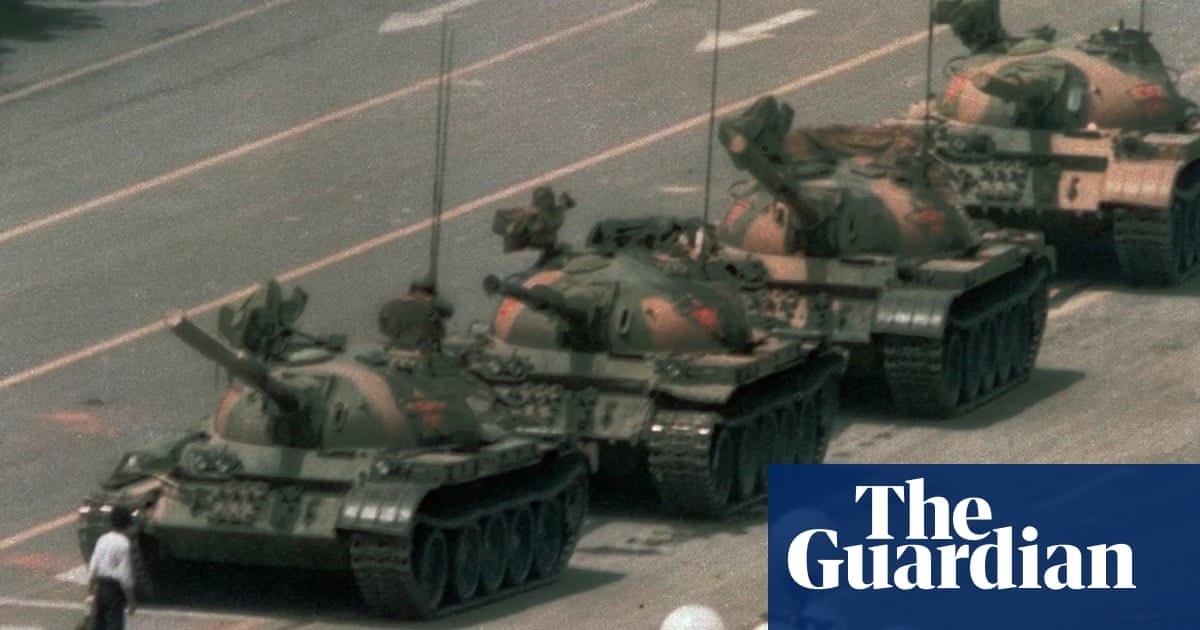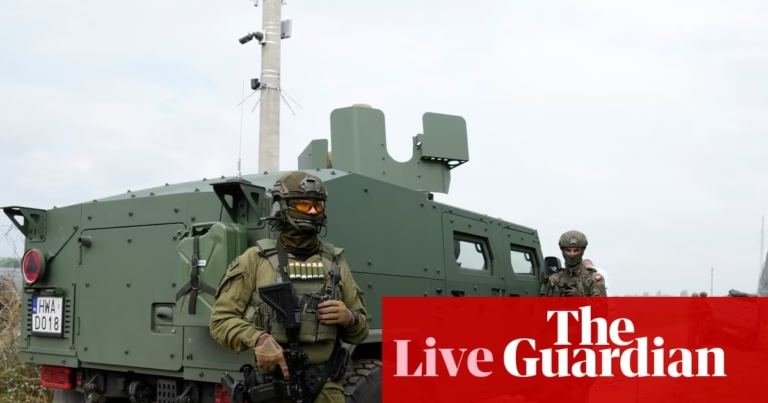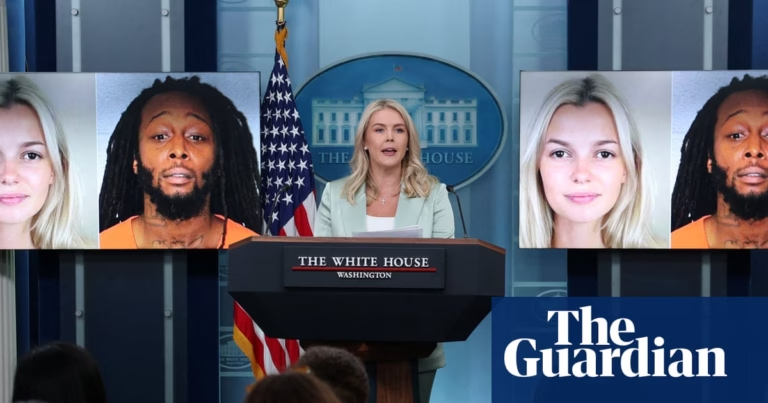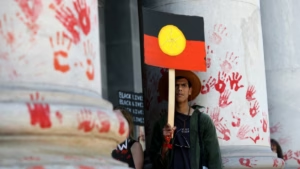Although there is no official count, activists believe that hundreds, possibly thousands, were killed when China’s People’s Liberation Army cracked down on protests in and around Tiananmen Square, Beijing’s central plaza, on 4 June 1989.
Marco Rubio, the US’s top diplomat, said in a statement that the world commemorates the bravery of those killed for exercising their fundamental freedoms and those still suffering persecution for seeking accountability and justice.
The CCP actively censors the facts, but the world will never forget, Rubio added, echoing Taiwan’s President Lai Ching-te who praised the bravery of the protesters on Facebook.
Before the 1989 massacre, protesters had gathered for weeks to call for democratic reforms to the CCP. The student-led movement drew international attention and turned to horror as tanks rolled into the square to dislodge the encampment. Other protesters were killed at a smaller demonstration in Chengdu.
The Chinese government employs extensive resources to censor any discussion or acknowledgment of the event within China. Internet censors scrub even the most obscure references to the date from online spaces, and activists are often put under increased surveillance or sent away from Beijing.
New research reveals that the sensitive date has also seen heightened international suppression of Chinese government critics overseas by the government and its agents, particularly affecting Uyghurs, Tibetans, and Hongkongers.
Aided by a report from Article 19, a human rights research and advocacy group, this suppression includes monitoring, targeting, abduction, and forced repatriation, mainly near diplomatic missions, with retaliation towards relatives in China potentially leading people to cut ties with their families.
Pro-CCP agents appear to now be targeting commemorations outside of China, with a replica of a statue memorializing the victims being vandalized in Taipei. For years, Hong Kong (and to a lesser extent, Macau) were the only places in Chinese territory where the event could be commemorated, but this changed after the 2019 pro-democracy protests and the subsequent crackdown on civil liberties. The annual 4 June vigil in Victoria Park has since been banned, and some activists have faced prosecution for marking the day.
A heavy police presence was reported in Causeway Bay near the park ahead of the anniversary this year, with a performance artist being stopped and searched. Hong Kong’s chief executive, John Lee, warned that any activity conducted on the 36th anniversary must be “lawful”, but specificities were not provided, adding to criticism that national security laws are broad and poorly defined.
Among the few still outspoken about the Tiananmen killings are the aging “Tiananmen Mothers”, victims’ parents who call for an official acknowledgment. One founding member, Zhang Xianling, still faces surveillance. Furthermore, Li Xiaoming, a former PLA officer living in Australia, recently spoke about his role in the crackdown, warning the world and Taiwan about the danger of Chinese annexation based on the CCP’s strict control tactics learned from the incident.
